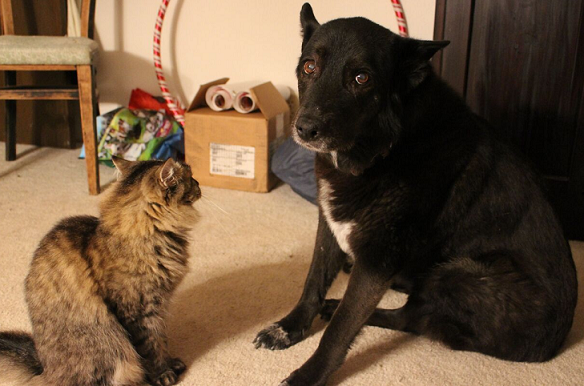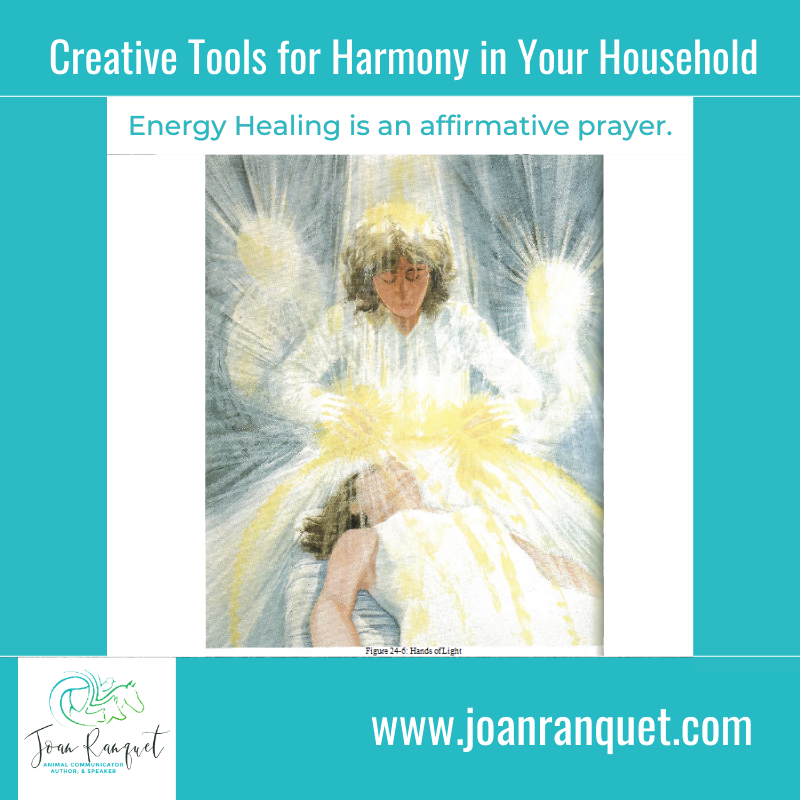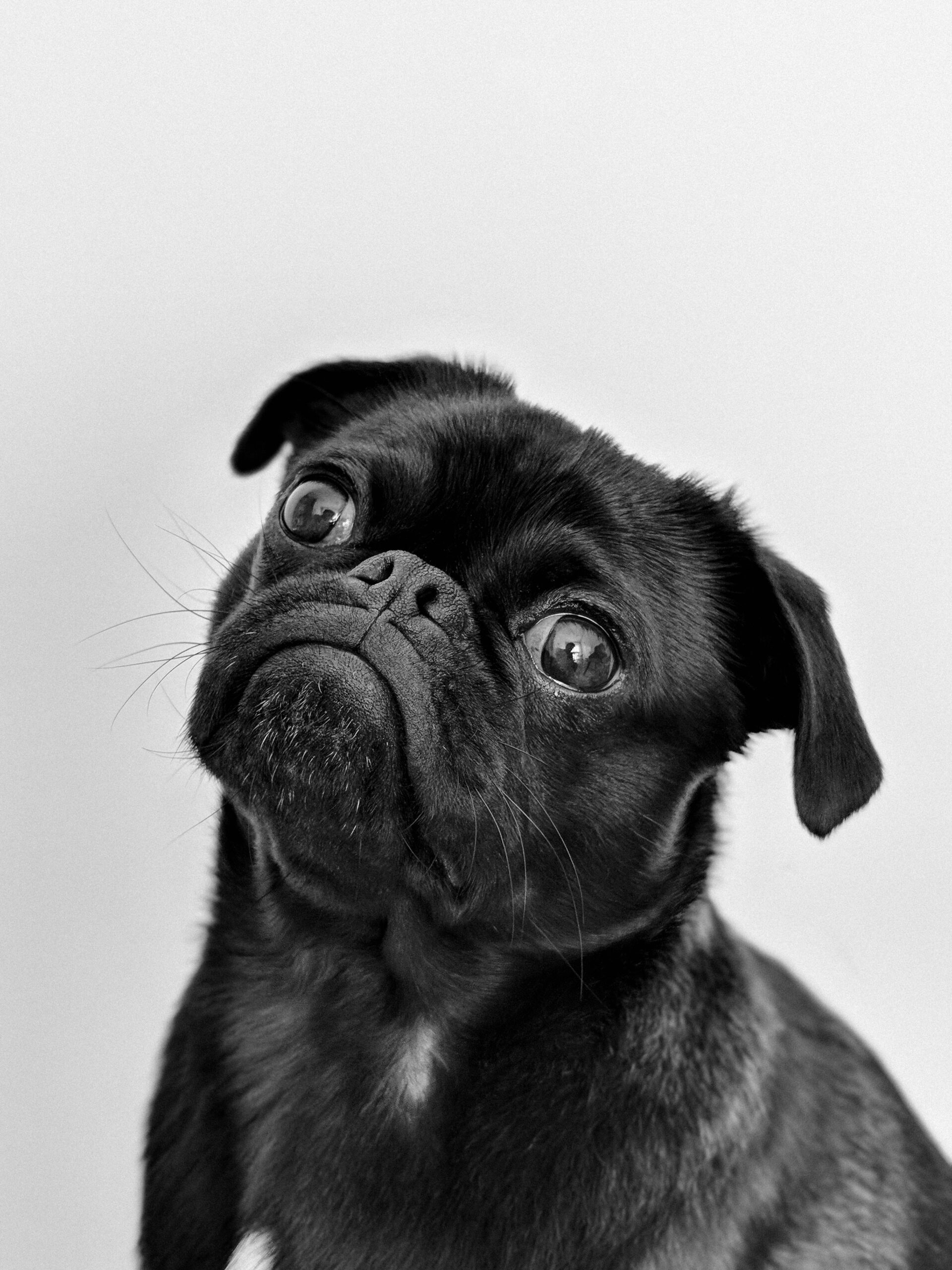THAT Diagnosis
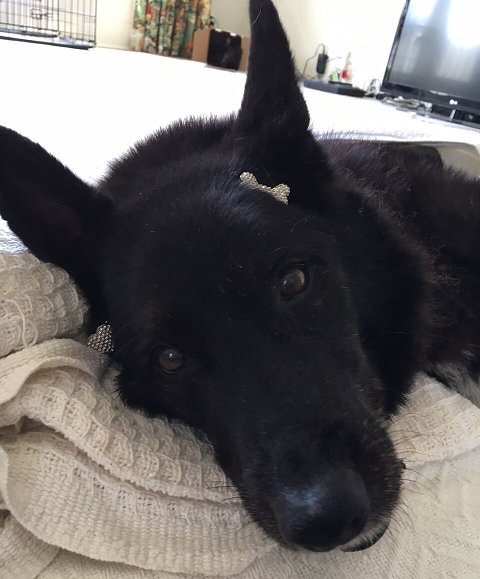

You know that moment, when you receive THAT diagnosis and the whole world collapses around you. Suddenly, everything you perceive is completely different. Nothing will ever be the same again.
That doesn’t have to be a bad thing. Those that study with me know I don’t believe in good or bad or positive or negative when it comes to this. It is simply energy. And we can have an impact on that energy.
Sometimes it forces our hand at being a better us or creating new ways in which we are present with our animal companions.
Last week in my blog I touched a little about on what we can do. I talked about how the power of suggestion plays a big part in the outcome. I shared a to do list when we receive the tough diagnosis.
I thought I would unpack a little list of ideas with a tough diagnosis:
(From last week’s blog)
What can we do when we get a tough diagnosis:
1. We can visualize the perfect outcome;
2. Be super present;
3. Process our emotions yet still be the emotional leader;
4. Be proactive with our medical professionals and let them know that speaking in front of your animal in a certain way is unacceptable;
5. Create strong boundaries so that the people around us (who might be doing it out of love) can’t project their feelings or their past on to our situation;
6. Stay grounded throughout so we can make excellent decisions.
Visualize the perfect outcome – what does that look like for both of you? Is it recovery? Is it maintaining the activity level you do now? Is it regaining appetite? Get granular on this visualization and spend a little time working on it daily.
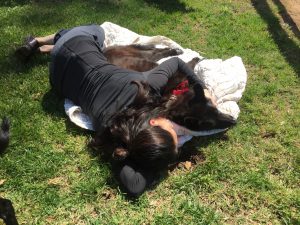

Process our emotions yet still be the emotional leader – Nearly 26 years ago as this was all beginning for me (this being the animal communication/healing journey) my horse Pet One experienced such a severe colic, she had surgery, was in ICU and died 2 months after the initial surgery. Most of the time spent from the moment of colic was in ICU. I would have a big cry on the way there, but I was very uplifting and present when I got there. For her. She needed me to hold space with her, so that she could heal. And in her case, as heart wrenching and painful as it was for me, healing for her meant leaving the planet. At least I was part of her being in a healing space on to the next life.
Create strong boundaries so that the people around us (who might be doing it out of love) can’t project their feelings or their past on to our situation – this might be vital for your own mental health. Just the other day I was helping a friend with her older horse. The horse, a beautiful soul had an injury. As I arrived my friend burst into tears because of what was said around her and in front of the horse. Sometimes we must not tell everyone on social media what is going on. Sometimes we must ask the vet not to speak that way in front of our animal companion. And, sometimes, we must tell our friends to shut up! Literally!


I hope this helps. It may be a handy reminder for when something tough comes up. I am holding space that you can be totally present for your animal companions.

